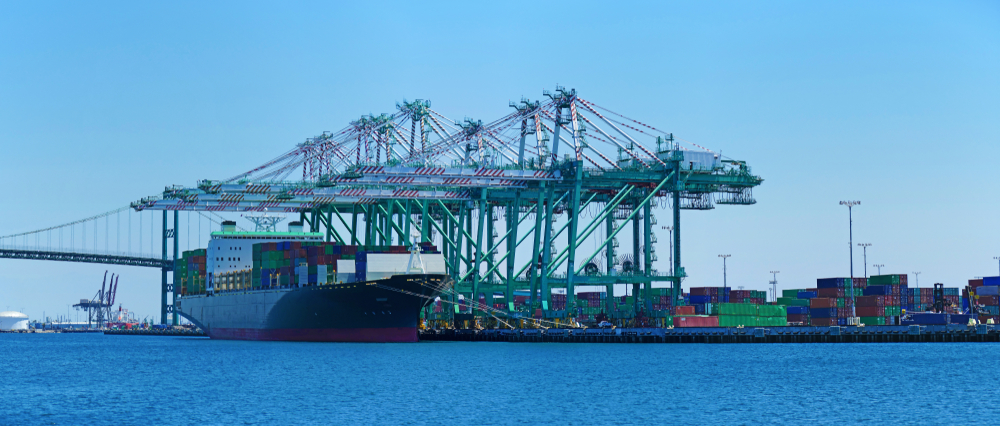
According to Fitch Ratings, most North American ports have safeguards and financial cushions to help them weather the effects of the COVID-19 pandemic.
Ports that primarily handle cargo are expected to do better than those with substantial cruise operations, the ratings company said.
Fitch said it assumes cargo ports will experience a drop in volume that exceeds those seen during the global financial crisis of 2008, the SARS outbreak in the early 2000s or Sept. 11. For cruise ports, Fitch assumes the volume drop will be even more substantial.
But the company said most ports would be able to weather the storm.
“North American ports have diversified revenue streams, amortizing debt profiles and sound liquidity positions that provide stability during periods of stress,” said Fitch Senior Director Emma Griffith. “North American ports have also demonstrated revenue resilience through economic downturns as severe as the Global Financial Crisis, reflecting both the essentiality of global trade and the presence of strong contractual agreements at many ports.”
The company said the fact most ports have been deemed essential services has exempted them from stay-at-home orders and ensured continued operations.
“Terminal staff, longshoremen, truckers and warehouse handlers continue to service cargo ports, many with normal hours of operation,” said Griffith.
Ports whose revenues are largely derived from cruise operations will experience more acute stress, the company said.
Assuming suspension of cruise activity through July 2020 and minimal cruise revenue for the remainder of the year, the company expected those ports to see volume declines of up to 65 percent. The company said it did not see a full recovery to 2019 levels of volume until 2024 at a minimum.